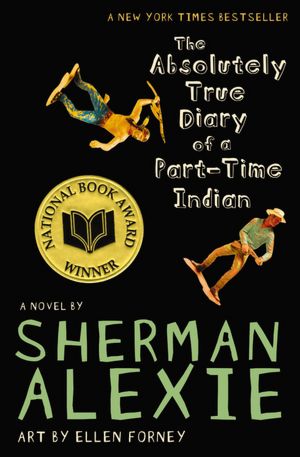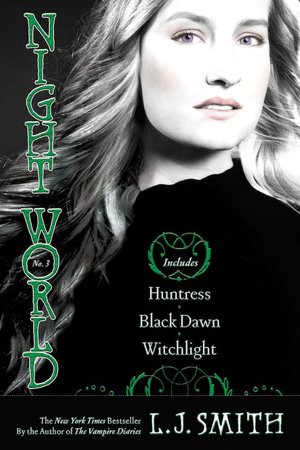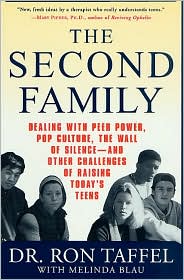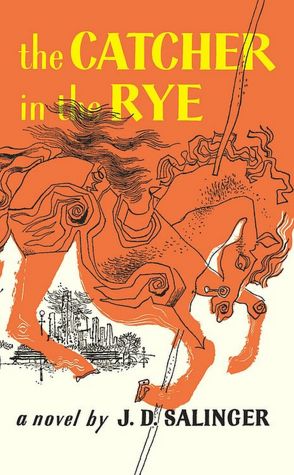 Krakauer, Jon. Into Thin Air. New York: Anchor, 1997.
Krakauer, Jon. Into Thin Air. New York: Anchor, 1997.Audience: High School
Genre: Autobiography
Topics of Focus: Exploration, Tragedy, Personal Achievement
Red Flags: Mild Sexual References, Vivid Depictions of Death
Are you interested in adventure books? Are you searching for a realism that only a work of nonfiction can achieve? In this book, Jon Krakauer accounts for his own personal expedition of the famed Mount Everest. Employed by Outside magazine and a member of Rob Hall’s team, Jon and a group of ten others embark on what would be a fatal quest for many of them and a life changing, dare I say scarring, experience for the survivors. This book delivers the importance of cooperation within a group, and goes to show the drastic outcomes that can germinate if caution and communication go unobserved. Full of descriptive vocabulary and and a compelling story, you will struggle with putting this book down. I sincerely recommend Into Thin Air for anybody who wants to take a break from fiction, or for those who just want to read the raw, unadulterated adventure of a lifetime. You will not regret reading this book.
Annotation by Michael Steffens-Shekell





